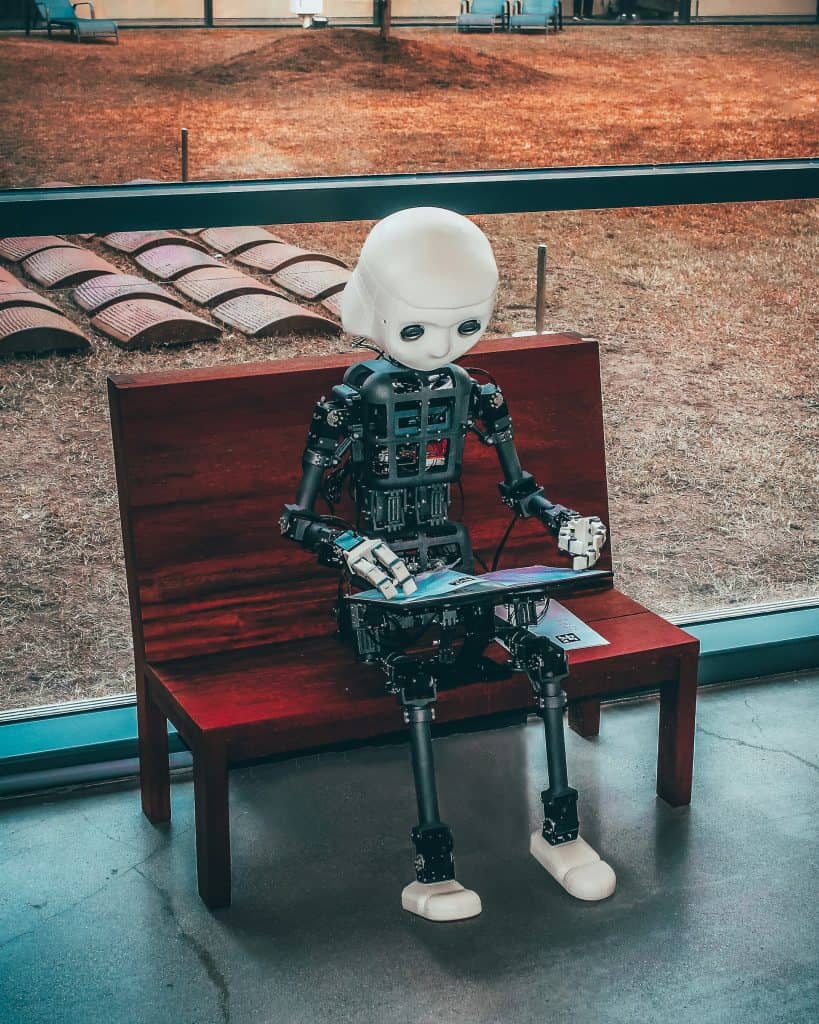
In the vast, ever-expanding landscape of artificial intelligence, a fascinating battle is unfolding—a battle that could define the future of technology and even humanity itself. On one side, we have Narrow AI, the specialized, focused systems that already power everything from your smartphone’s virtual assistant to self-driving cars. On the other, the elusive, yet-to-be-realized goal of General AI looms—a kind of all-encompassing intelligence that can match, or even surpass, human reasoning and adaptability across any task. The question is: which one will shape the future?
Narrow AI: The Specialist
Narrow AI, sometimes referred to as weak AI, is the AI we interact with daily, often without even realizing it. It’s everywhere—helping us navigate city traffic, recommending our next binge-watch on Netflix, and even diagnosing diseases in healthcare settings. Narrow AI systems excel at specific tasks because they’re designed with a singular focus: optimizing performance in one well-defined area. But that’s also their limitation. Alexa may know your music preferences, but don’t ask her to solve complex math problems or write a novel. In a sense, Narrow AI is like a highly skilled artisan, masterful in one craft but limited beyond it.
One of the most famous examples of Narrow AI is the system that powers AlphaGo, which famously defeated the world’s best Go player in 2016. AlphaGo’s victory was groundbreaking, but it wasn’t because it understood the game of Go the way a human does—it was trained to win at that specific game. Ask it to play chess, and you’d get nowhere.
General AI: The Dreamer
Now, imagine a machine that could think, learn, and adapt like a human—across any field of knowledge or skill. That’s General AI (also called strong AI or AGI, artificial general intelligence). General AI would be capable of not only learning to play Go but also reading Shakespeare, painting a masterpiece, or maybe even pondering its own existence.
The idea of General AI feels like something out of science fiction, and to be fair, that’s where it largely remains. No AI system today can come close to the versatility of human cognition. But tech giants like OpenAI, Google DeepMind, and others are racing to create it. If it’s ever achieved, General AI could potentially revolutionize every aspect of our lives—from healthcare to education, economics to ethics. But with that promise comes significant concerns: what happens when an AI surpasses human intelligence? Who controls it, and can it be controlled at all?
The Real-World Implications
The stakes of the Narrow vs. General AI debate are not just theoretical; they touch on real-world ethical, economic, and political concerns. Narrow AI is already transforming industries and labor markets, often automating tasks once thought to be the exclusive domain of humans. This has led to a surge in productivity but also fears of widespread job displacement. Critics argue that we need to focus on making Narrow AI systems more transparent and accountable before rushing toward the unknown frontier of General AI.
On the other hand, proponents of General AI argue that if—and it’s still a big if—General AI is realized, it could solve some of humanity’s biggest problems: from curing diseases to reversing climate change. But even its champions acknowledge that the path to General AI is fraught with moral dilemmas. Could General AI systems develop their own goals, ones that conflict with ours? How do we ensure they act ethically? And perhaps most chillingly, could we lose control over such systems once they outsmart us?
Where Do We Go from Here?
As of today, Narrow AI is the reigning champion, and it’s clear that it will continue to evolve and transform our world in ways we can’t fully predict. But General AI remains the holy grail for many in the field of artificial intelligence. While it may sound like science fiction, the possibility of General AI is something we can’t afford to ignore. If achieved, it will not just be another technological advancement; it could represent a fundamental shift in the nature of intelligence itself.
The battle between Narrow AI and General AI is not a simple one of “which is better.” It’s a question of timelines, risks, and rewards. For now, Narrow AI is practical and here to stay, pushing the boundaries of what machines can do in specific domains. General AI? That’s the ultimate prize—the leap from machines doing things well to machines thinking on their own. One thing is certain: the future of AI, in whatever form it takes, will be unlike anything we’ve seen before. And that future might be closer than we think.
